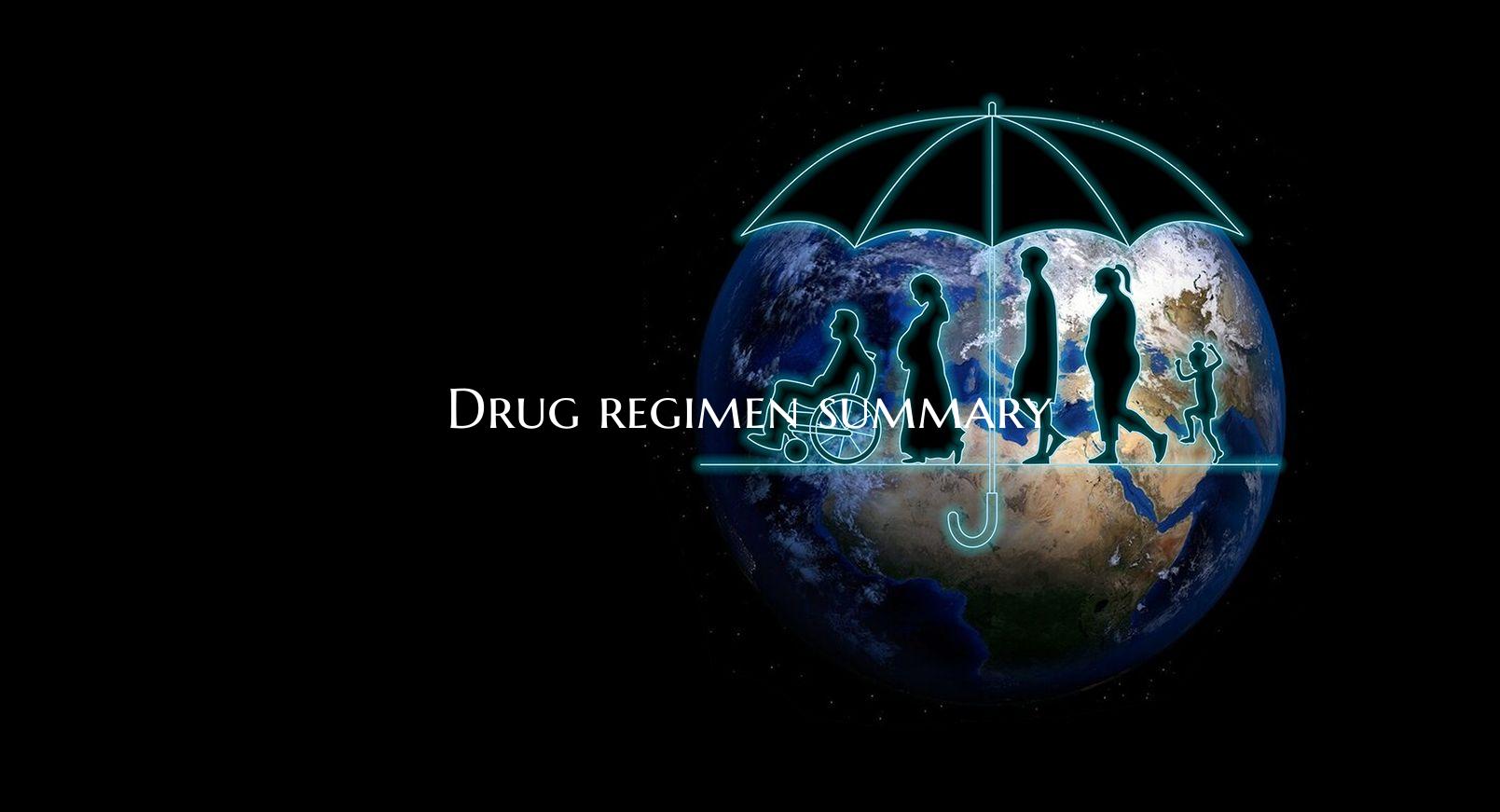
Drug regimen summary
Drug regimen refers to the schedule and combination of medications prescribed by healthcare professionals to manage a patient’s medical condition. A drug regimen summary provides a concise overview of the prescribed medications, their dosage instructions, and the intended treatment goals. This summary plays a crucial role in ensuring patient understanding, adherence to the prescribed treatment plan, and effective management of the medical condition.
Key Components of a Drug Regimen Summary:
1. Medication Information: The summary should list all the prescribed medications, including brand and generic names, along with their respective dosages.
2. Dosage Instructions: Clear and detailed instructions on how each medication should be taken, including dosage, frequency, and timing.
3. Purpose of Each Medication: Brief description of the purpose of each medication and how it contributes to the overall treatment plan.
4. Special Instructions: Any specific guidelines or precautions related to the medications, such as taking with food, avoiding certain activities, or potential interactions with other drugs.
5. Duration of Treatment: Information on the duration of the treatment plan and any adjustments that may be required based on the patient’s response to the medications.
6. Monitoring Parameters: Guidelines on monitoring parameters that need to be tracked during the treatment to assess the effectiveness of the medications and identify any potential side effects.
7. Contact Information: Contact details of healthcare providers or emergency services for patients to reach out in case of any questions, concerns, or emergencies related to their drug regimen.
Benefits of a Drug Regimen Summary:
1. Facilitates Patient Adherence: By providing clear and comprehensible information, a drug regimen summary helps patients understand and follow their prescribed treatment plan effectively.
2. Promotes Patient Safety: Ensures that patients are aware of the correct dosages, administration instructions, and potential side effects, reducing the risk of medication errors.
3. Enhances Communication: Encourages open communication between patients and healthcare providers, leading to better coordination of care and improved treatment outcomes.
4. Empowers Patients: Equips patients with essential knowledge about their medications, enabling them to actively participate in their healthcare decisions and self-care practices.
In conclusion, a well-structured drug regimen summary is a valuable tool in patient care that supports treatment adherence, safety, and effective management of medical conditions. It serves as a reference guide for patients to navigate their medication regimen with confidence and responsibility, ultimately contributing to better health outcomes and quality of life.